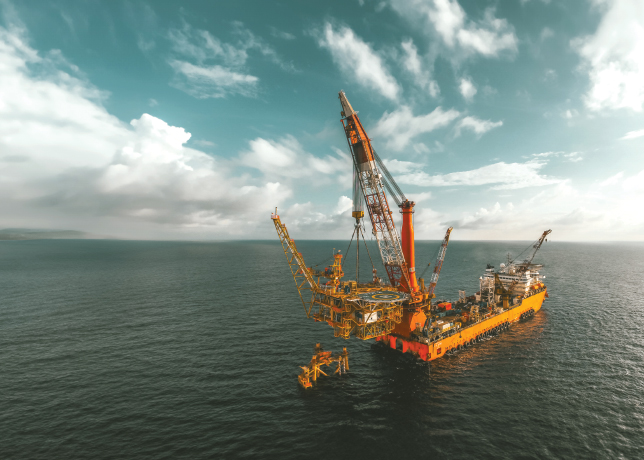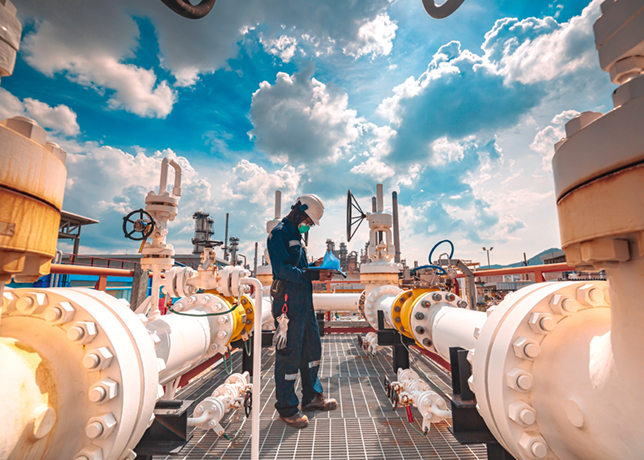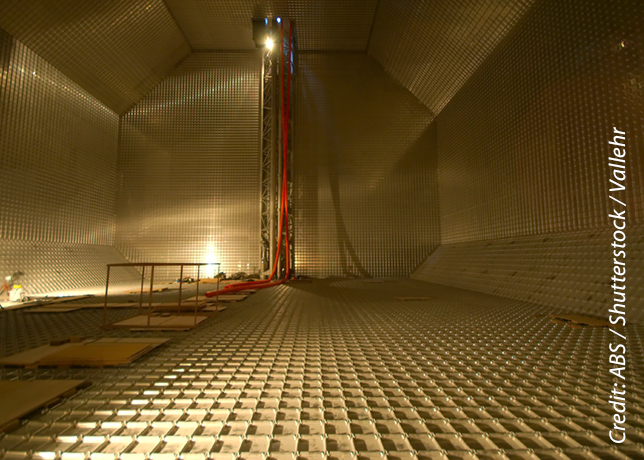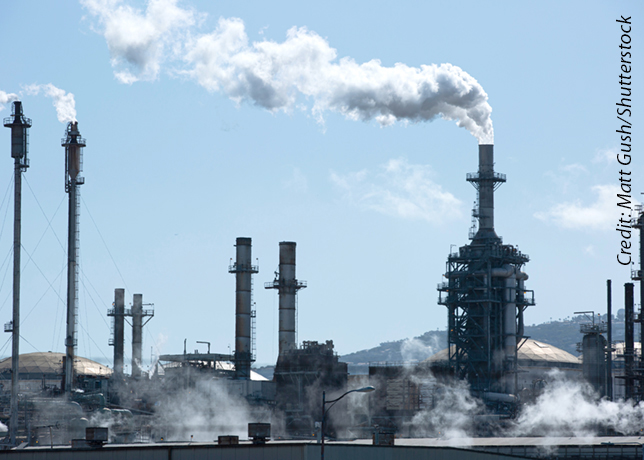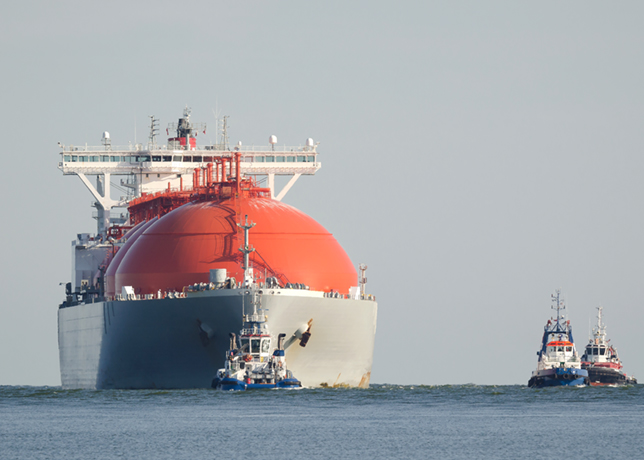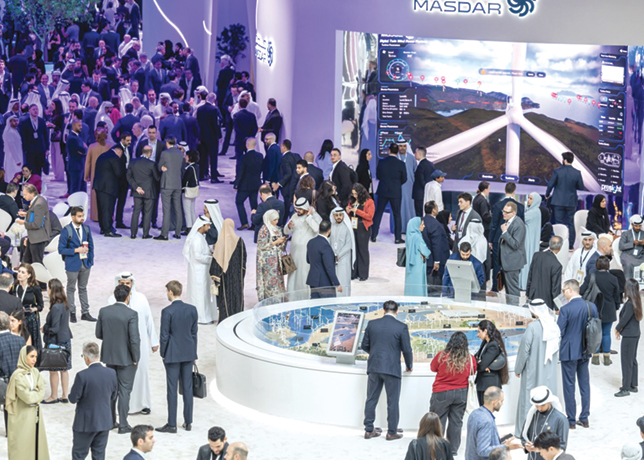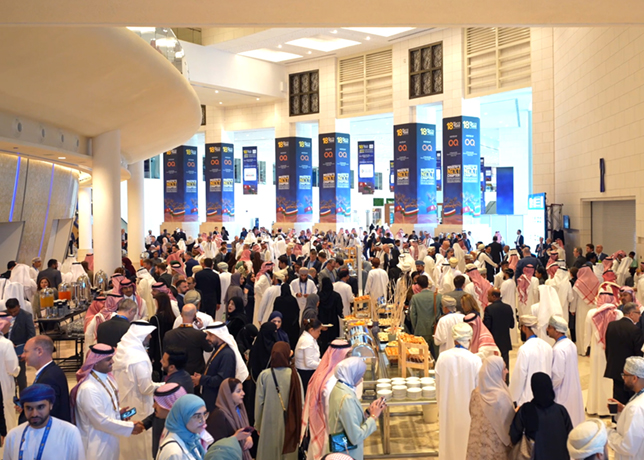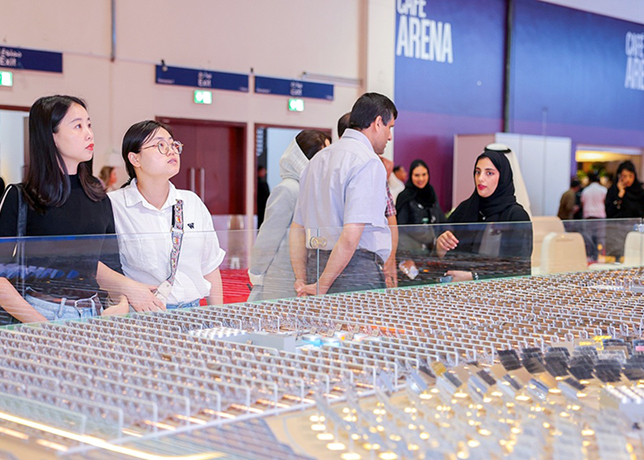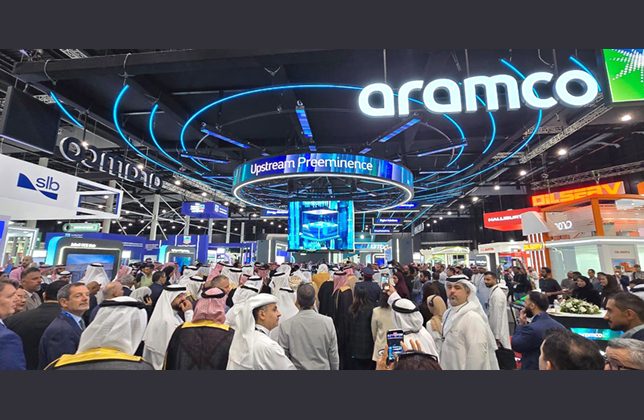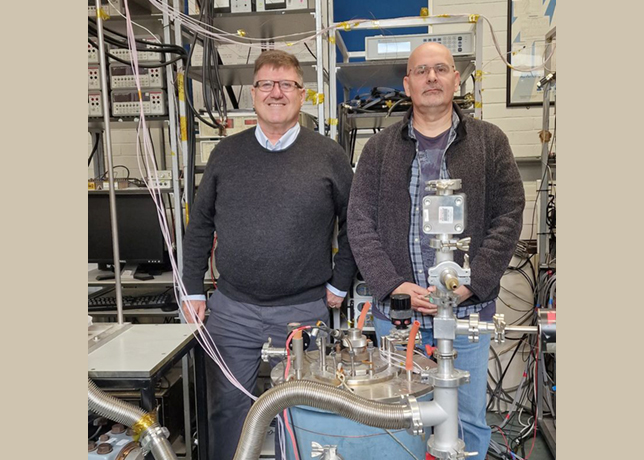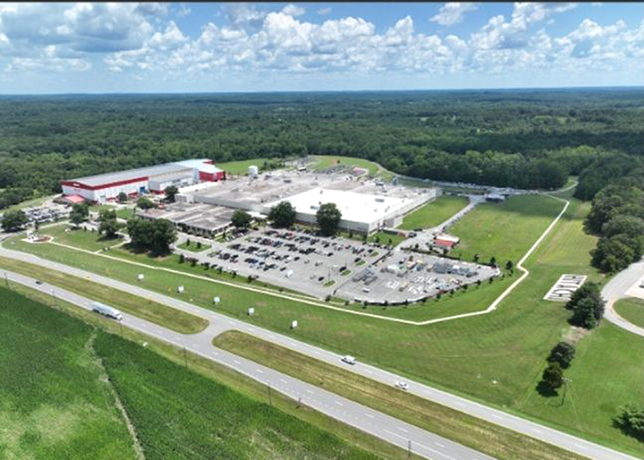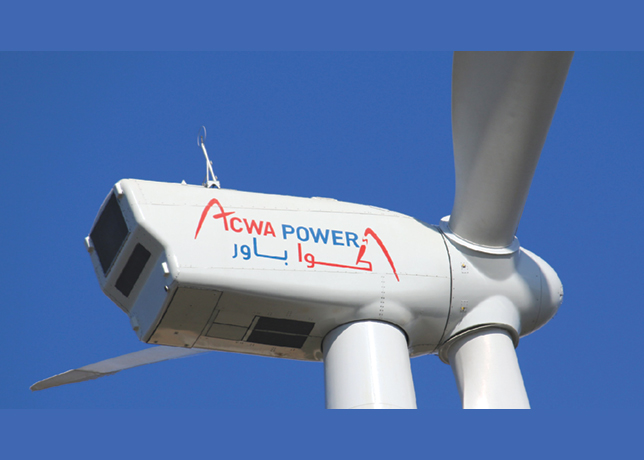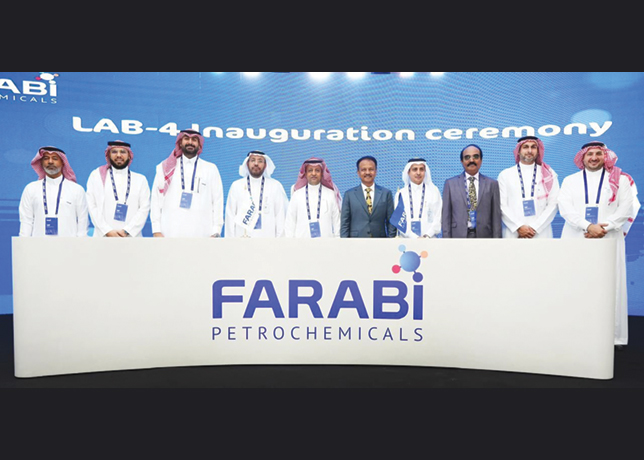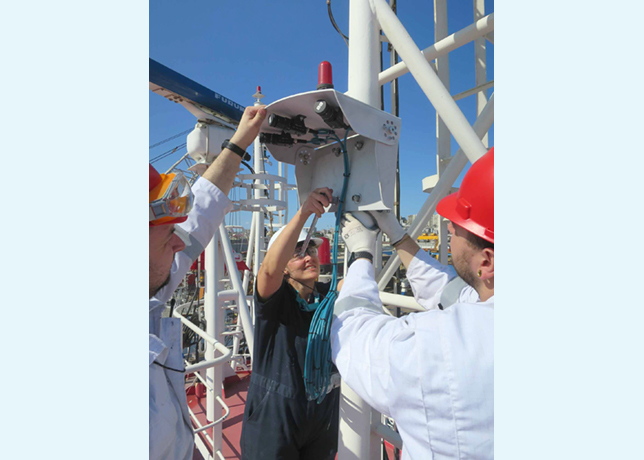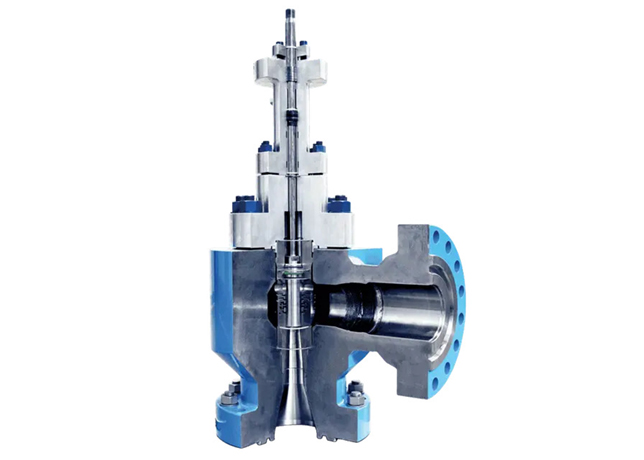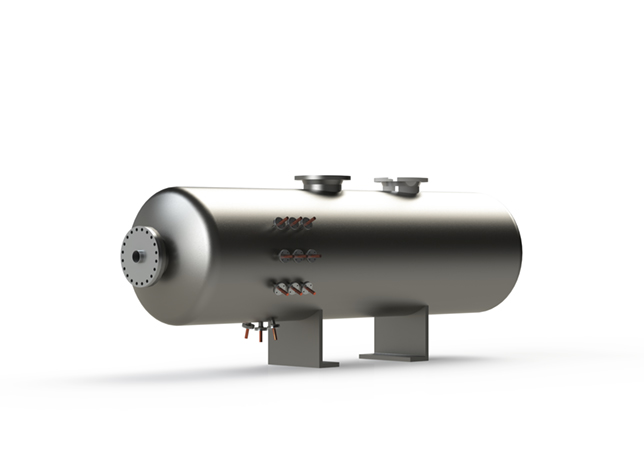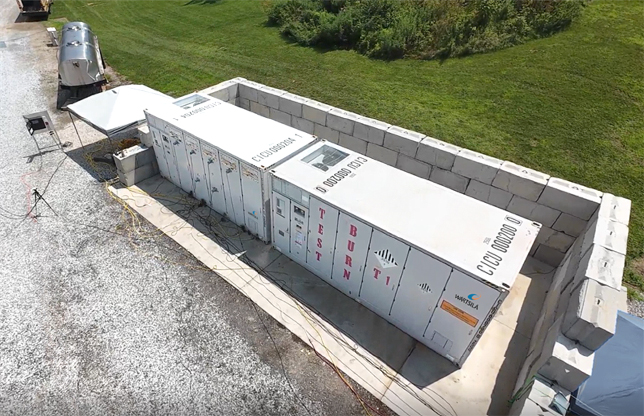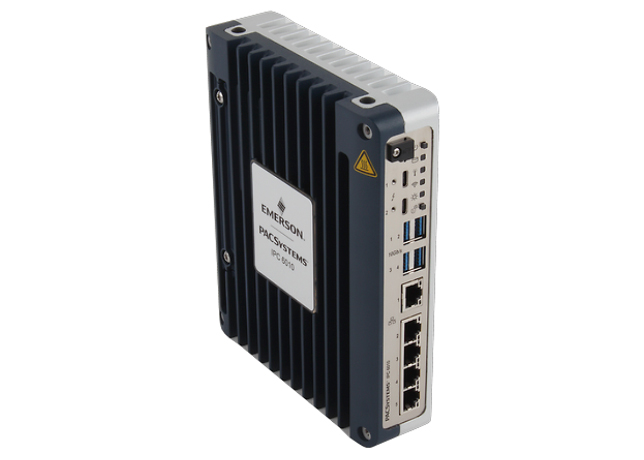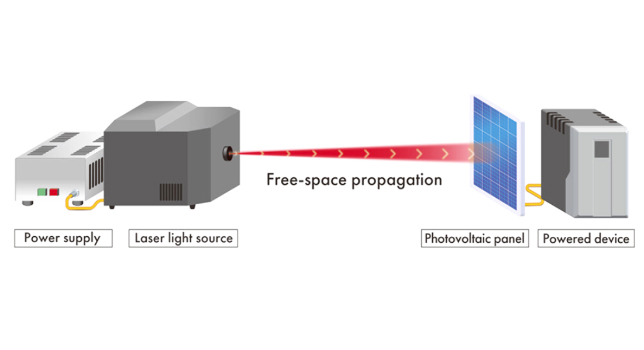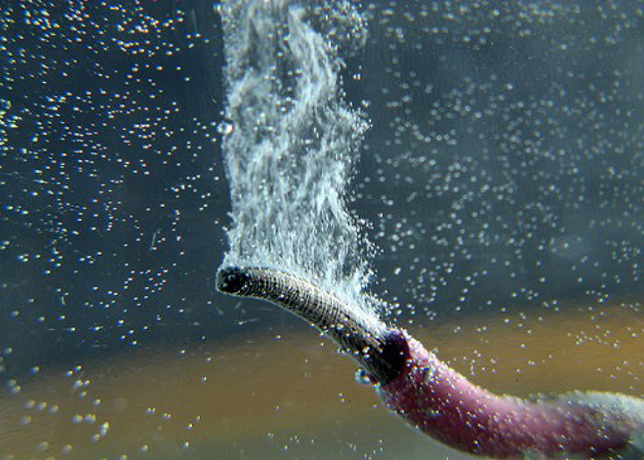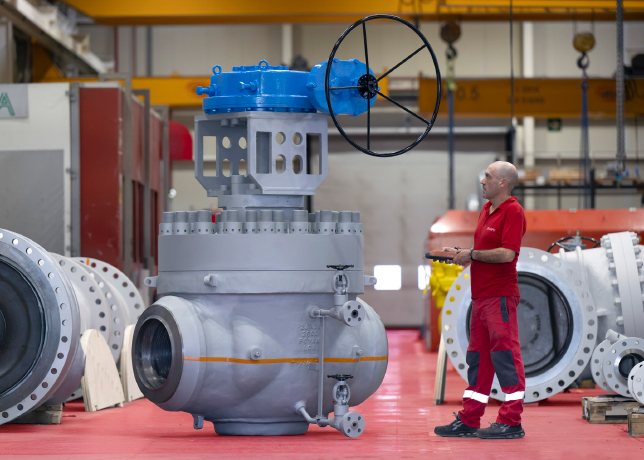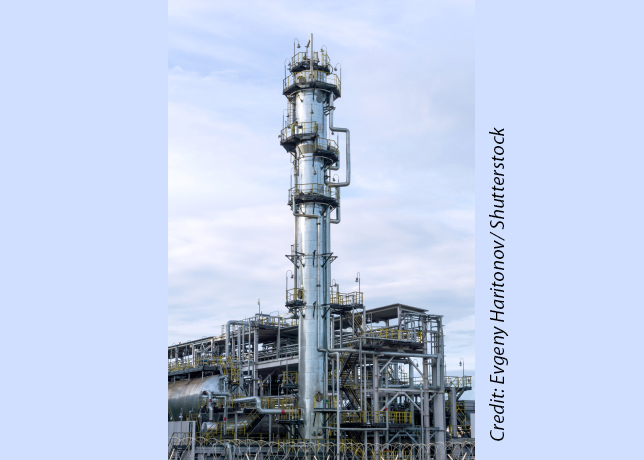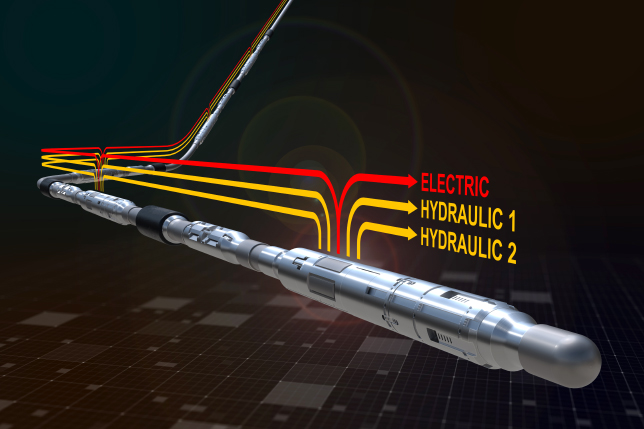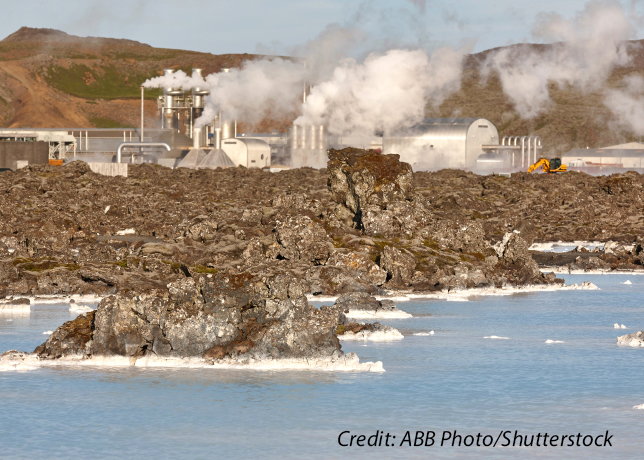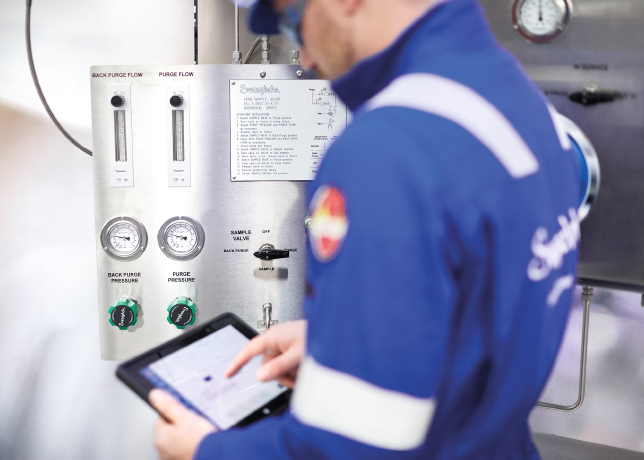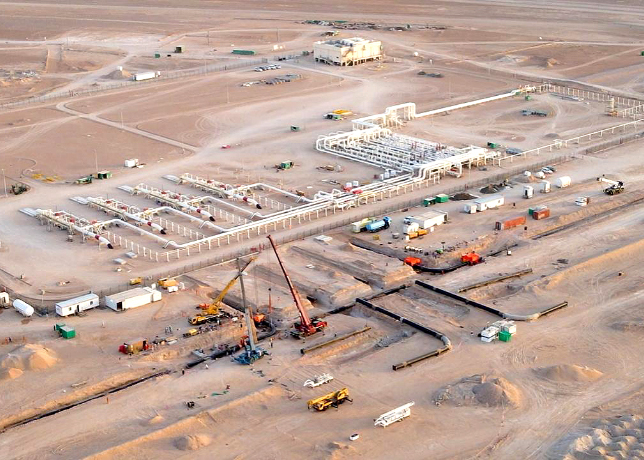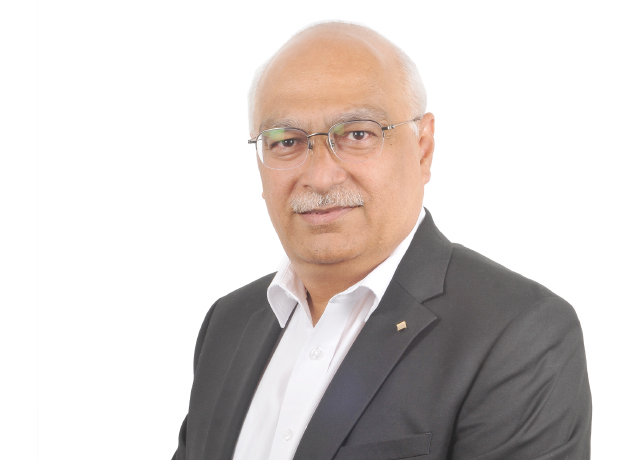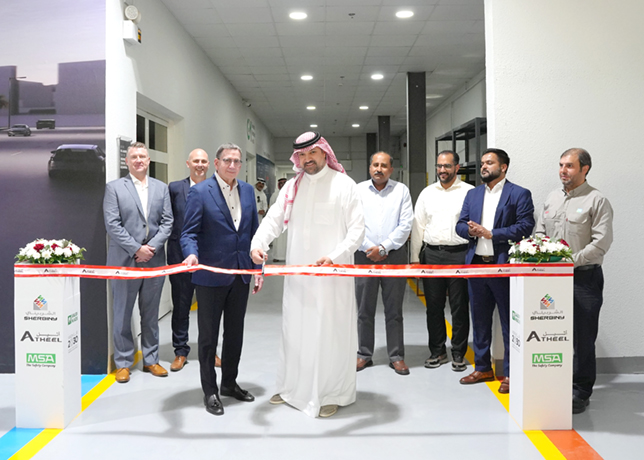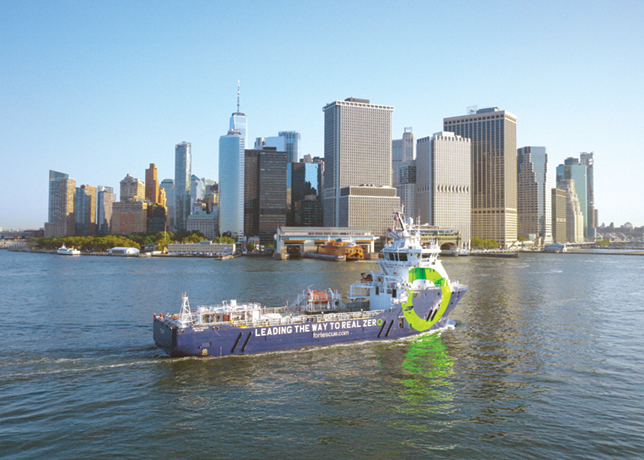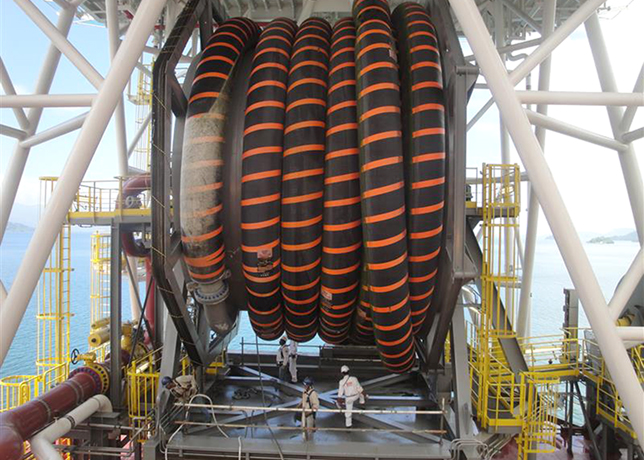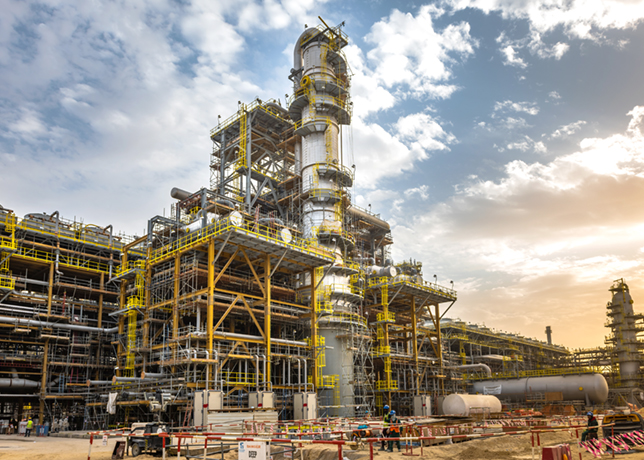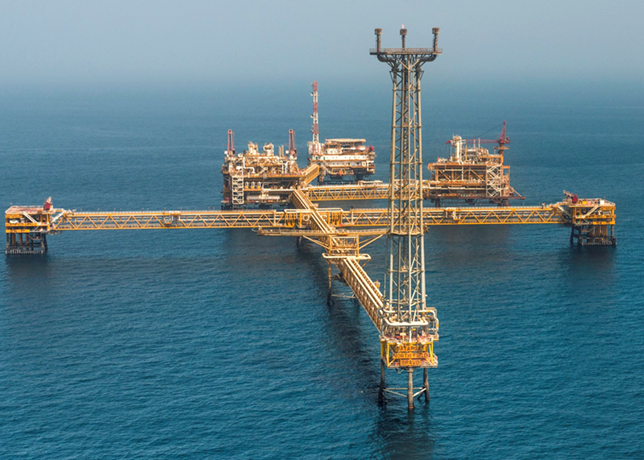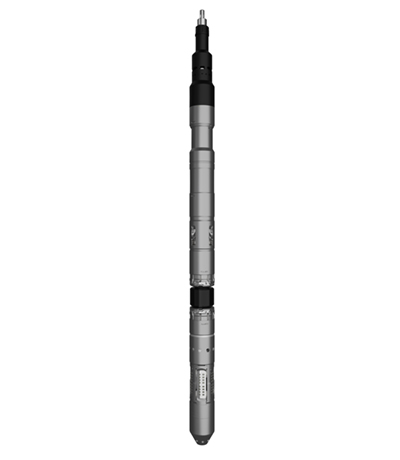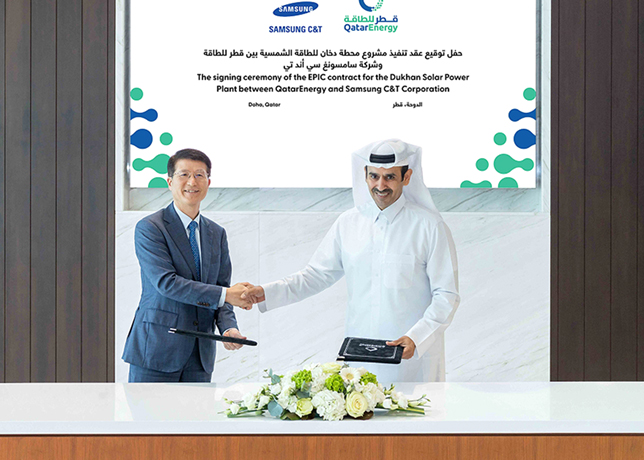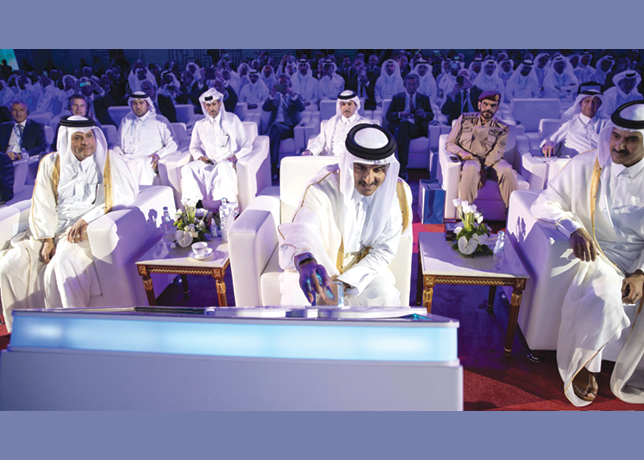
 NCC is now expanding its fleet
NCC is now expanding its fleet
The National Shipping Company of Saudi Arabia (NSCSA), the national flag carrier of Saudi Arabia, came into existence by a Royal Decree in October 1979 to achieve strategic objectives of its owners;
The Government of The Custodian of The Two Holy Mosques (Public Development Fund) holding 29 per cent approximately of NSCSA's capital amounting to SR2,000 million ($533 million) and the remaining shares owned by Saudi citizens.
NSCSA started its operation with a strategy of diversification of income by offering distinct and up to date services in various shipping fields.
The beginning was in 1980 by operating service lines for carrying break bulk and container goods; then the transportation of petrochemicals in 1985; the transportation of crude oil in 1996; the establishment of a ship management company and the container storage and repair yard in 1997.
In 2001, NSCSA increased its fleet of vary large crude carriers (VLCCs) to nine by adding four new vessels and in 2002, NSCSA established its Global Freight Forwarding / NVOCC business.
In the first half of this year, NSCSA signed for two more new petrochemical product carriers, which will increase the National Chemical Carriers's (NCC) fleet capacity to 14.
Crude Oil Transport
NSCSA presently owns nine double hulled VLCCs , namely; Ramlah, Ghawar, Watban, Hawtah, Safaniyah, Harad, Marjan, Safwa and Abqaiq with an aggregate capacity exceeding to 19 million barrels.
These VLCCs feature top-of-the-range specifications and each carrier has an individual capacity of 2.1 million barrels and a dead weight of more than 300,000 tonnes.
Most of the vessels are currently under charter with Vela International Marine, a subsidiary of Saudi Aramco. NSCSA has also inked a business arrangement recently with ChevronTexaco for transportation of its crude oil.
Petrochemicals Transport
NSCSA started transportation of petrochemicals in 1985 by acquiring its own tanker (Uqba Ibn Nafi) with a capacity of 43,000 dead weight tonnes (dwt).
Arabian Chemical Carriers (ACC), jointly with UASC, owns and operates one 41,400 dwt tanker (Al-Farabi), which is financially and commercially managed by NSCSA.
ACC started transporting petrochemicals in 1986.
NSCSA then established a sister company, The National Chemical Carriers Ltd Co (NCC) in 1990 by introducing petrochemical carriers. During 1995/96 three new modern carriers were added.
In the first half of this year, two more newbuildings were signed to increase its existing fleet capacity to 14.
The company says the petrochemical carriers are capable of carrying all types of chemical products.
Liner Services
NSCSA offers liner service by deploying its four Container/Ro-Ro ships between US (East Coast)-US (Gulf)-Canada-Italy-Middle East and Indian Subcontinent route.
The vessels are capable of carrying general cargo as well as specialised cargoes, including heavy project/strategic cargoes.
Ship Management
A ship management company, Mideast Ship Management Ltd (MSML), was established in 1997.
The vision was to have a professionally qualified ship manager who would fulfill the requirements of the ship owners.
MSML was created as a joint venture company between NSCSA with an 80 per cent share and the Acomarit Group of Scotland holding a 20 per cent stake.
MSML manages a number of vessels which include crude oil and chemical products carriers.
The company's Quality Management System (QMS) is accredited to ISO9002, International Safety Management (ISM), and SEP by DNV and Lloyd's.
Freight Forwarding & NVOCC Services
NSCSA established a Global Freight Forwarding/NVOCC business mainly to serve the customers with a comprehensive coverage for logistical and distribution network that include packaging, warehousing/storage, ocean/land transportation, documentation and customs clearance.
With the present infrastructure and investment in NSCSA Information Technology, its own container yard and own offices and agencies worldwide, NSCSA is able to offer reliable and cost effective service to its customers.
Container Services Yard
NSCSA, in 1997, invested in onshore facilities, including a container storage and repair yard (with an area of 120,000 sq.m.) in Jeddah Islamic Port, the most important in the Kingdom, to promote better customer services and to minimise loading, handling and operational cost related to import / export units. A specialised workshop in the yard takes up repair jobs and refurbishes containers according to international standards.




